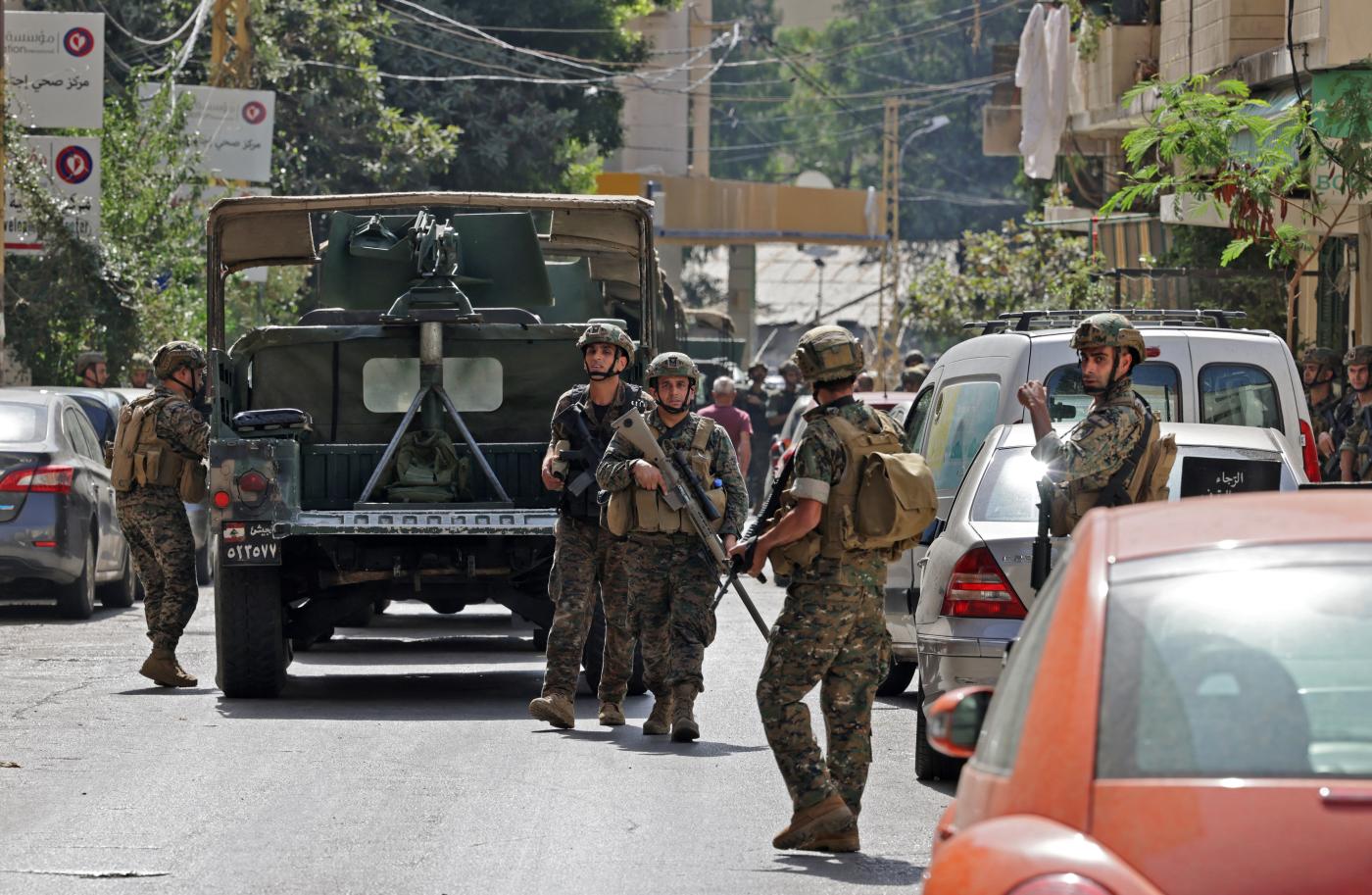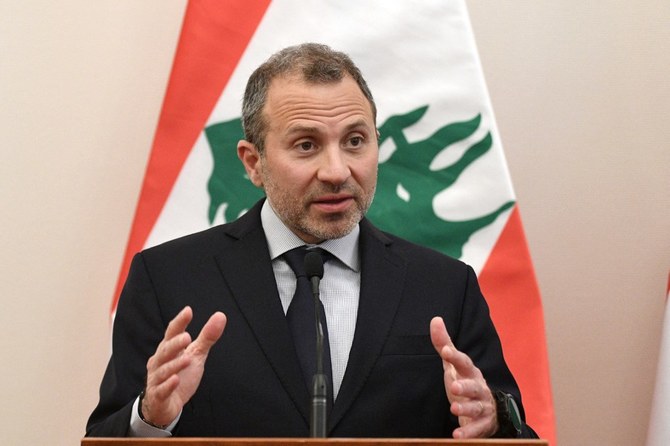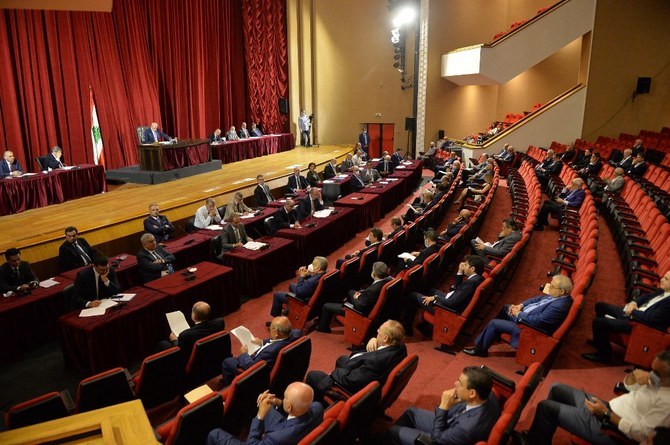
سجعان قزي
@AzziSejean
كان يَنقُصُ غِبطةَ البطريرك بشارة الراعي أن يُحدِّدَ له بعضُ السياسيّين الوارثَي النعمة، والأحزابِ الحديثي العهد طبيعةَ علاقتِه بأبرشيّاتِه ودورِها. إذا بُلِيتُم بالجُبنِ فاسْتتِروا. الكمينُ الذي تَعرّضَ له المطران موسى الحاجّ ليس حادثًا بسيطًا وبريئًا. لم يُفتعَل لكي يُحَلَّ سريعًا. ولن يُحلَّ ذاتَ يومٍ من دون آثارٍ جانبيّةٍ وأضرار. والبطريركيةُ المارونيّةُ ليست قاضي تحقيقٍ لكي تُحدِّدَ المسؤوليّةَ الإسميّةَ عن نَصبِ الكمين. توجدُ مجموعةٌ حاكمةٌ بالتكافلِ والتضامنِ، أذْرعُها تَمتدُّ إلى جميعِ مفاصلِ الدولةِ ومؤسّساتِها وأجهزِتها وقُضاتِها وتَتوزَّعُ ارتكابَ الجُنحِ والجِنايات. وإذا لم تَكن هذه المجموعةُ وراءَ ما حَصلَ للمطران الحاجّ، فلتَتفضَّل وتَجِدْ حَلًّا فوريًّا للحادث وتَعتذر، وإلا تَدينُ نفسَها بنفسِها. لكن ما نَعرِفه هو أنَّ للحادثِ أبعادًا ترمي إلى التأثيرِ على مواقفِ البطريرك بشارة الراعي من عدّةِ قضايا، أبرزُها: انتخاباتُ رئاسةِ الجُمهوريّةِ، قيادةُ الجيش، حاكميّةُ مصرِف لبنان، تَسييسُ القضاء، سلاحُ حزبِ الله، مفاوضاتُ الطاقةِ مع إسرائيل، إلخ…
لا نَستَهْوِلنَّ هذه الروابط، فعلى وَقعِ هذا الكمينِ المدَبَّر، يريدُ البعضُ إسكاتَ صوت المعارَضة، وتحقيقَ أهدافٍ عدّةٍ في توقيتٍ محليٍّ وإقليميٍّ ودُوَليٍّ مليءٍ بالمفاجآت والتحوّلات. ولقد تَقصّدَ مُفتعِلو الحادثِ ربطَ مصدرِ المساعداتِ الماليّةِ والطِبيّةِ بواقعِ القطيعةِ مع إسرائيل لإحراجِ أطرافٍ سياسيّةٍ، فتُحجِمُ عن التضامنِ مع بكركي والمطران. هكذا، رأينا قياداتٍ مختلِفةً تلتزمُ الصمتَ، وأخرى تَتبرّأُ وتُزايِدُ، وأُخْرى تُسقِطُ حقَّها من المساعدات الآتيةِ إليها من أنسبائِها في إسرائيل.









